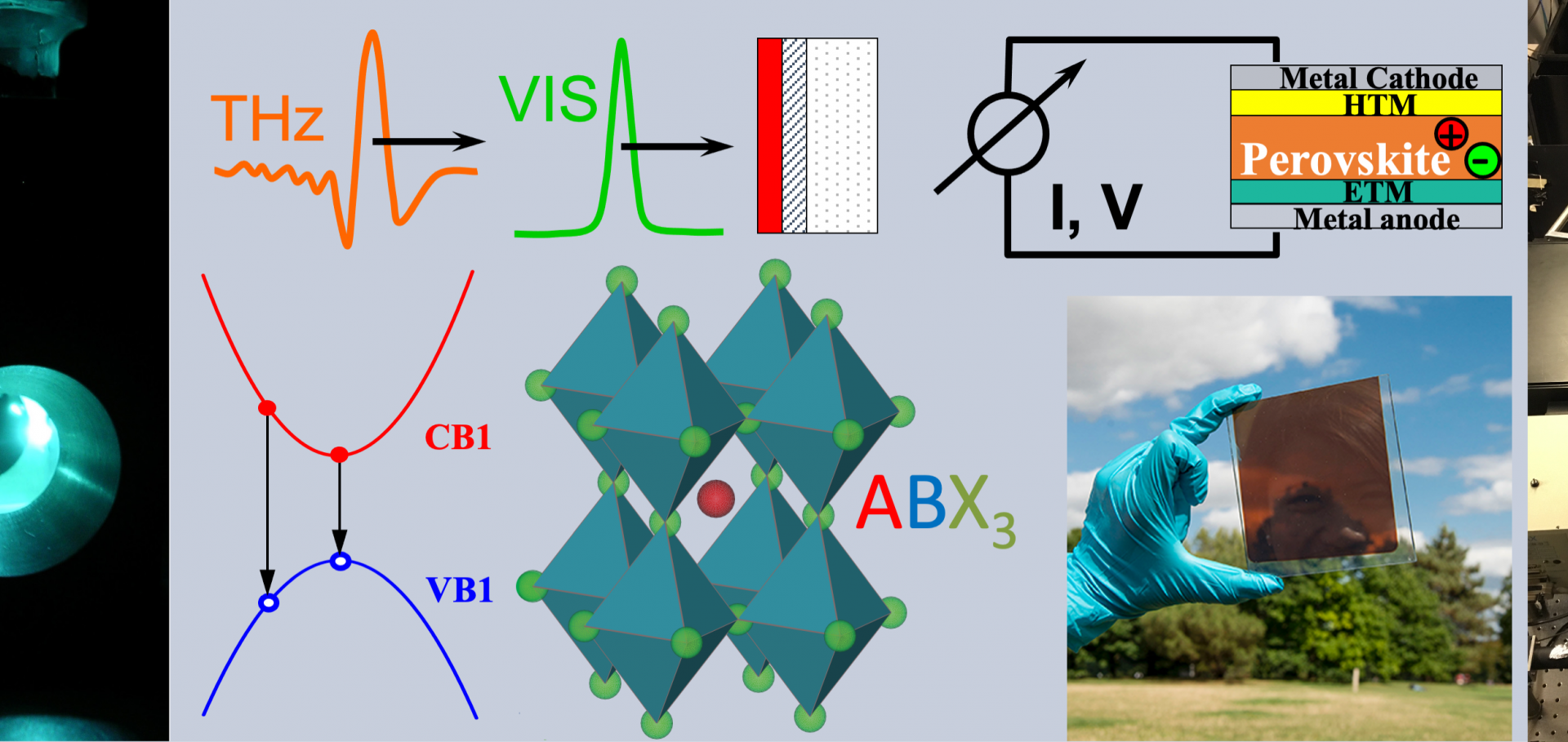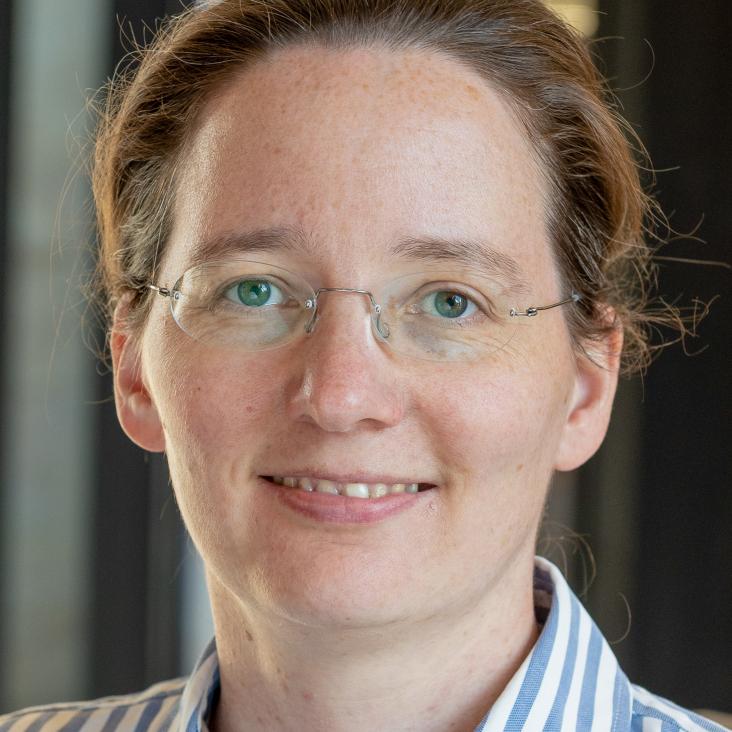Prof Laura Herz has directed the Semiconductors Group at the Clarendon Laboratory since 2003. She received her PhD in Physics from the University of Cambridge in 2002 and was a Research Fellow at St John's College Cambridge from 2001 – 2003, after which she moved to a faculty position at Oxford Physics. She held an Advanced Fellowship by the Engineering and Physical Sciences Research Council from 2006-2012 and is currently an EPSRC Open Fellow. She is a member of the EPSRC Strategic Advisory Team on Energy and Decarbonisation.
Professor Herz has published over 220 peer-reviewed research articles and is currently listed by Clarivate Analytics/Web of Science as a Highly Cited Researcher. She has received a number of awards for her research, including the Michael Faraday Medal and Prize by the Institute of Physics, the Environment, Sustainability and Energy Division mid-career Award by the Royal Society of Chemistry, the Nevill Mott Medal and Prize by the Institute of Physics and the Friedrich-Wilhelm-Bessel Award of the Alexander von Humboldt Foundation, and a student-led teaching award, by the Oxford Student Union, in the category "Outstanding Graduate Supervisor". She is an Associate Editor of Applied Physics Reviews and Chemical Physics Reviews (AIP). Prof Herz is a Fellow of the Royal Society, the Materials Research Society (MRS), the Royal Society of Chemistry, the Institute of Physics, and University College Oxford. She is currently an Honorary Professorship at the Australian National University.
Research in the Herz group explores the fundamental science and applications of semiconducting materials and nanostructures ranging from hybrid systems such as sensitized metal oxides and organic-inorganic perovskites to organic molecules and solids, III-V inorganic semiconductors and nanostructures. Current work focuses on common themes such as photophysical and nano-scale effects, biomimetics and self-assembly, charge-carrier dynamics, energy-transfer and light-harvesting for solar energy conversion. The group has leading expertize in a large range of spectroscopic and analytical techniques, and collaborates with device physicists, theoretical researchers, synthetic chemists and materials scientists in order to advance the development of these novel materials for energy harvesting, with a particular current focus on next-generation photovoltaic cells. Detailed information on current and past research in the Herz group can be found on the group’s web pages: http://www-herz.physics.ox.ac.uk/research.html


